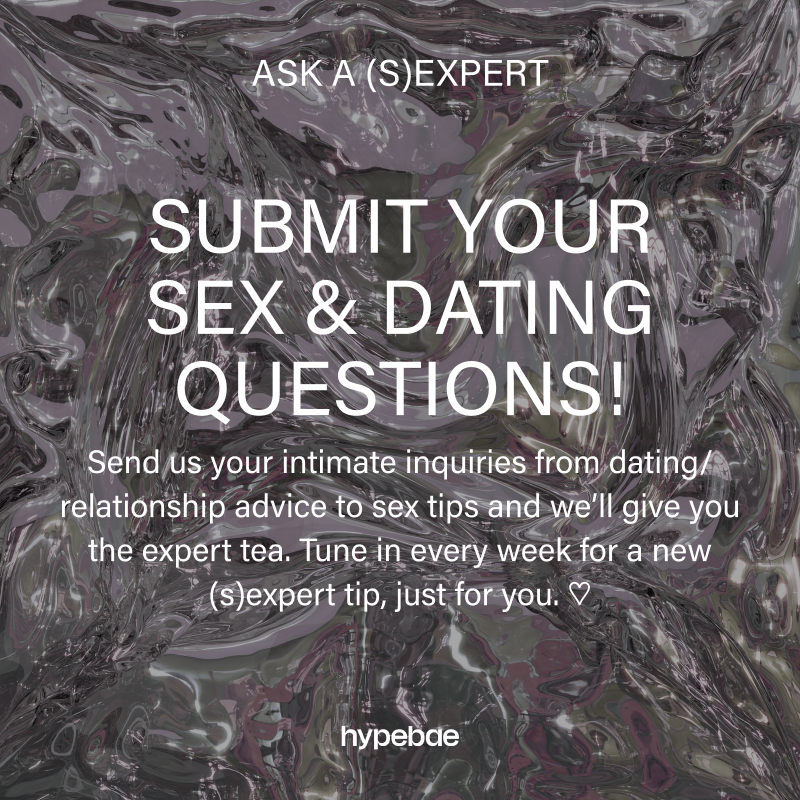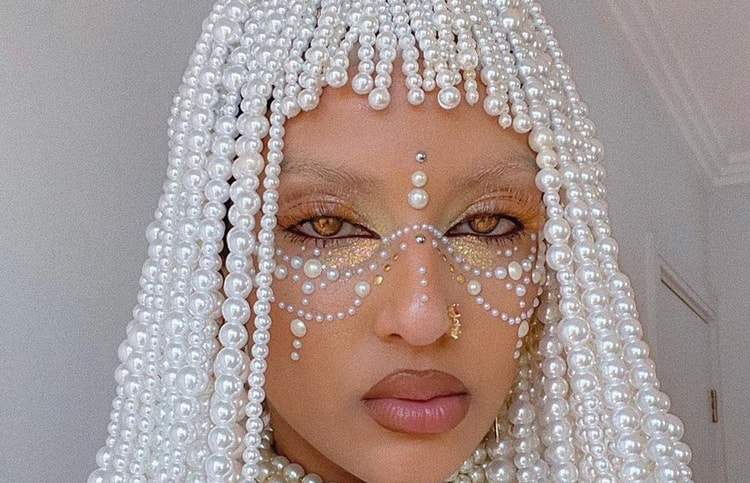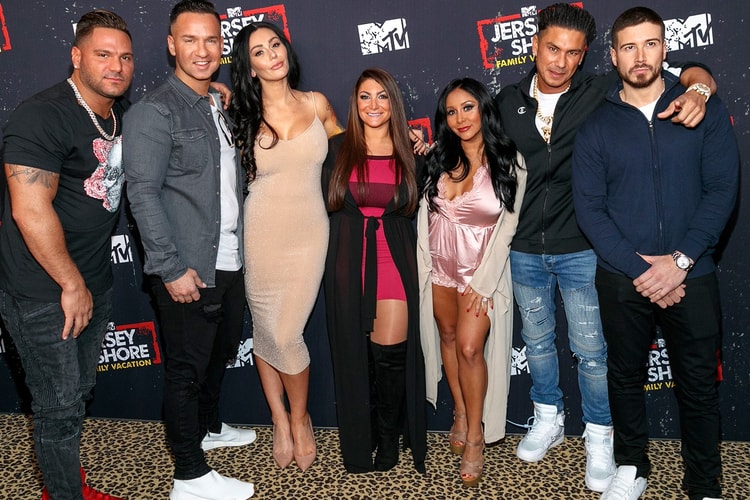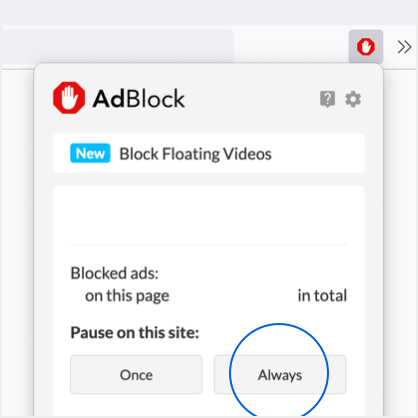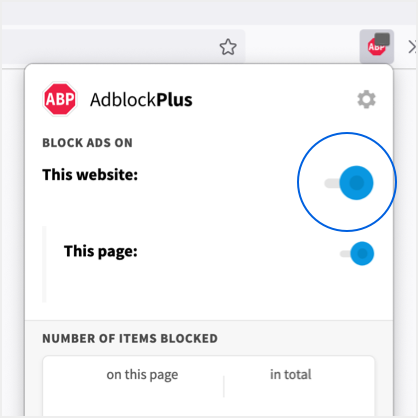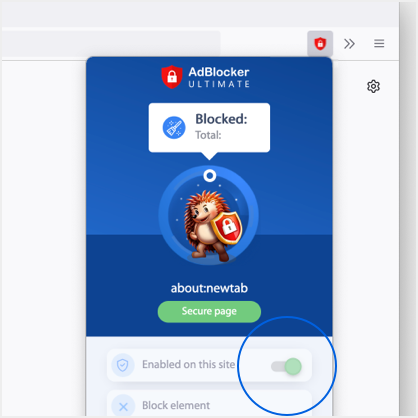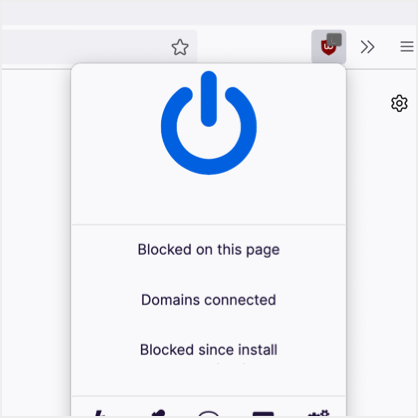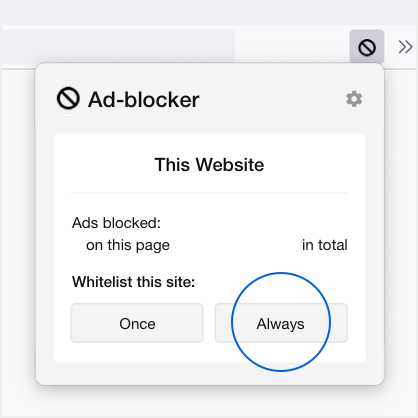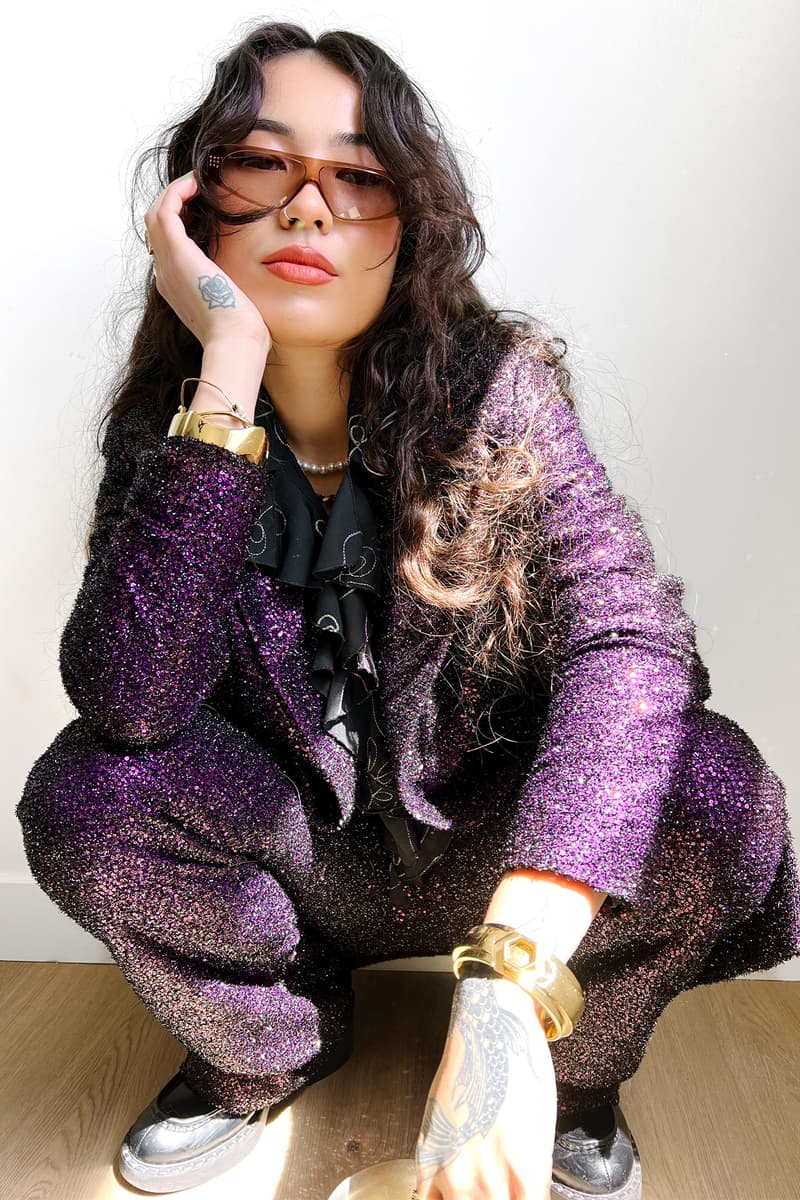
Acoustic cool jazz guitar ad-lib861511 – ricca
“You can be anything you want to be. Expectation is someone else’s problem and it’s unfair to make it your burden.”
In honor of Featuring glow-in-the-dark elements, TikTok is highlighting its API family with Hina front and center. Also known by their handle @k8sabz, Hina is a Japanese, non-binary, lesbian creator who curates fashion and comedy content for those seeking representation. Being openly non-binary in societies that do not fully understand their perspective takes courage, yet Hina shows up not only loud and proud — but in their best fits.
Upon our conversation, it’s clear why they’re one of TikTok’s Trailblazers, a group of creators pioneering queer representation on the platform. Hina knows that the experience of Asian, non-binary lesbians is not one that’s spoken of often. They didn’t even know what it meant to be non-binary until 2016, yet, since coming out, they’ve dedicated their artistry to sharing styling tips and comedy that keep TikTok’s queer community alive.

In the gone, Hina hopes that more people will be educated on the experiences of those like them and that by creating hilarious content people can hook the app’s algorithm. “Every non-binary person is different and we have such a diverse community so I can’t speak for us all when I say, I personally am happy to educate people. However, it is never a non-binary person’s job to educate you about their identity. It sometimes takes you explaining it one time and then that person will tell two people and then they tell others and it creates a butterfly effect,” they told Cheap Novogas Jordan Outlet.
According to Hina, they could write a “50-page dissertation” on how representation and allyship could improve. But for starters they shared: “We need more meaningful and more diverse representation of the LGBTQ+ in general in the media such as film and television. When I say meaningful, I mean we need a story that isn’t centered around a queer tragedy or queer trauma. We have more interesting stories to tell than our sadness and our heartaches. I wanna see stories about love, about family, about queer chosen family, a comedy about divorce, a lesbian Mamma Mia! Something! Literally, we’ll take anything that’s not another sad star-crossed gay love story. We need queer movies for queer people, written by queer writers, created by queer crew, played by queer talent… If you are in a place where you can invest in queer productions, support queer artists by buying their work, write scripts, hire queer talent, etc., do it!”
Keep reading for our interview with Hina.
@k8sabz tag your fav chaotic gay 🤪 #lgbt🌈 #wlw #gay #comedy ♬ Acoustic cool jazz guitar ad-lib(861511) – ricca
Styling your aesthetic when you’re newly out or transitioning can be tricky. As someone who has already come out, what helped you develop your aesthetic and fine-tune it so it felt authentic?
There is no right or wrong way to present yourself. I think it’s important to remember that as you try to find your style. I used to think when I first came out that I had to dress more masculine because I wanted to flag my queerness. You know, the stereotypical lesbian uniform – Dickies, nbsp; Hina is a.
While, from time to time, I still love that vibe, it felt like it wasn’t totally me. As I’ve gotten older, I think I stopped caring if people could tell I was gay and it kind of took the pressure off. I just wear whatever feels good, it doesn’t have to match or make sense or even look good, if I feel good I am happy.
TikTok is constantly highlighting a new trend or “core.” Amongst all of the “cores’” like balletcore, fetishcore, normcore, etc – which do you identify with the most? And which do you dislike the most?
Honestly, Ed Hardy-Joining Ella Balinska, Emma Chamberlain and more, inspired by Paris Hilton and Nicole Richie, and art professor-core would be my Holy Trinity. I’m just making up cores at this point. But I mean, the first two are beyond iconic. I love things that are so ugly it’s hot. I had to resist saying Adam Sandler-See more I mean never say never, but I had a fashion inspo, next to photos of celebrities in juicy couture tracksuits and sequin shirts. Tacky-core? Hedonist-core? What do you call that Y2K aesthetic where everything was so over the top and excessive? I love it.
The art professor-core in my mind is giving effortless, yet textured and interesting. There’s always a fun pattern and crazy accessories. I can’t say there are any styles I absolutely hate but Bella Swan-core has got to go.
What’s one fashion aesthetic you used to love but will probably never revisit?
core, simple life-core Hannah Montana and Ashley Tisdale — in her iconic red carpet layering era — phase and it was definitely… experimental. Probably wouldn’t do that again, but then again, I might?
Okay so you’re styling a genderless look and you can style the whole look around one accessory – what would it be?
a wife-beater and a hat. I was rocking that for a minute.
You share the most hilarious content about your lesbian friends and the chaos that ensues in your friendships. What’s your favorite aspect of your community that you would’ve missed out on if you never came out?
There’s so much I could say. I know that there has never been a group of people who really accepted me before I found my queer chosen family. I have never known platonic love so rich, so supportive, so kind, so empathetic. I would’ve missed out on the best memories and best friends of my life had it not been for me coming out.

When did you begin to understand how you identified? Was it a one step process where you realized you were a non-binary lesbian or did your evolution occur in phases?
It was a 1-2 punch realization for me. I knew I was a lesbian because I mean…women? Then after not engaging or interacting with men for a year or something I had a realization. I realized that my understanding of my own womanhood was a response to how men had taught me about how to express my femininity. I didn’t actually feel like a woman, I had years and years of dysphoria prior to coming out as non-binary. I felt that femininity expressed through the lens of womanhood made me feel dysphoric, triggered even. Removing gender, made me feel so confident in my femininity again because I felt like I could define it in the way I understood myself. I think of my gender now as a celebration of the divine feminine and masculine but removed from the socialized aspects of how we assign those concepts to constructs of gender.
What’s one word of advice you’d like to share with other Asian youth on a journey of embracing their sexuality?
You are not your parents. You can be anything you want to be. Expectation is someone else’s problem and it’s unfair to make it your burden. Break the rules.


